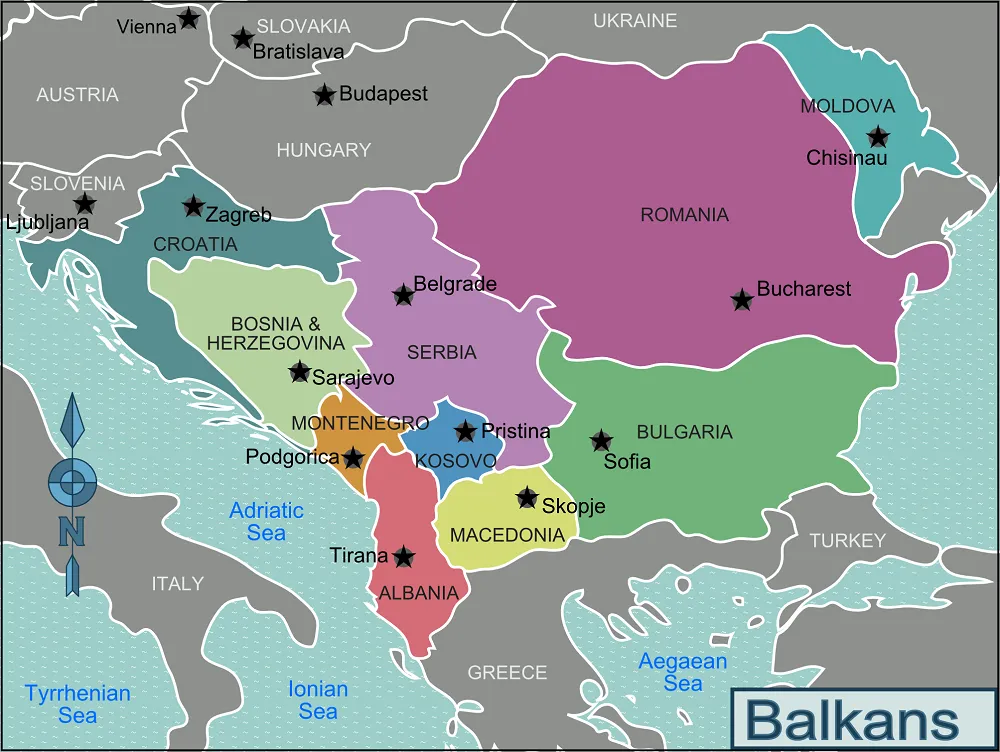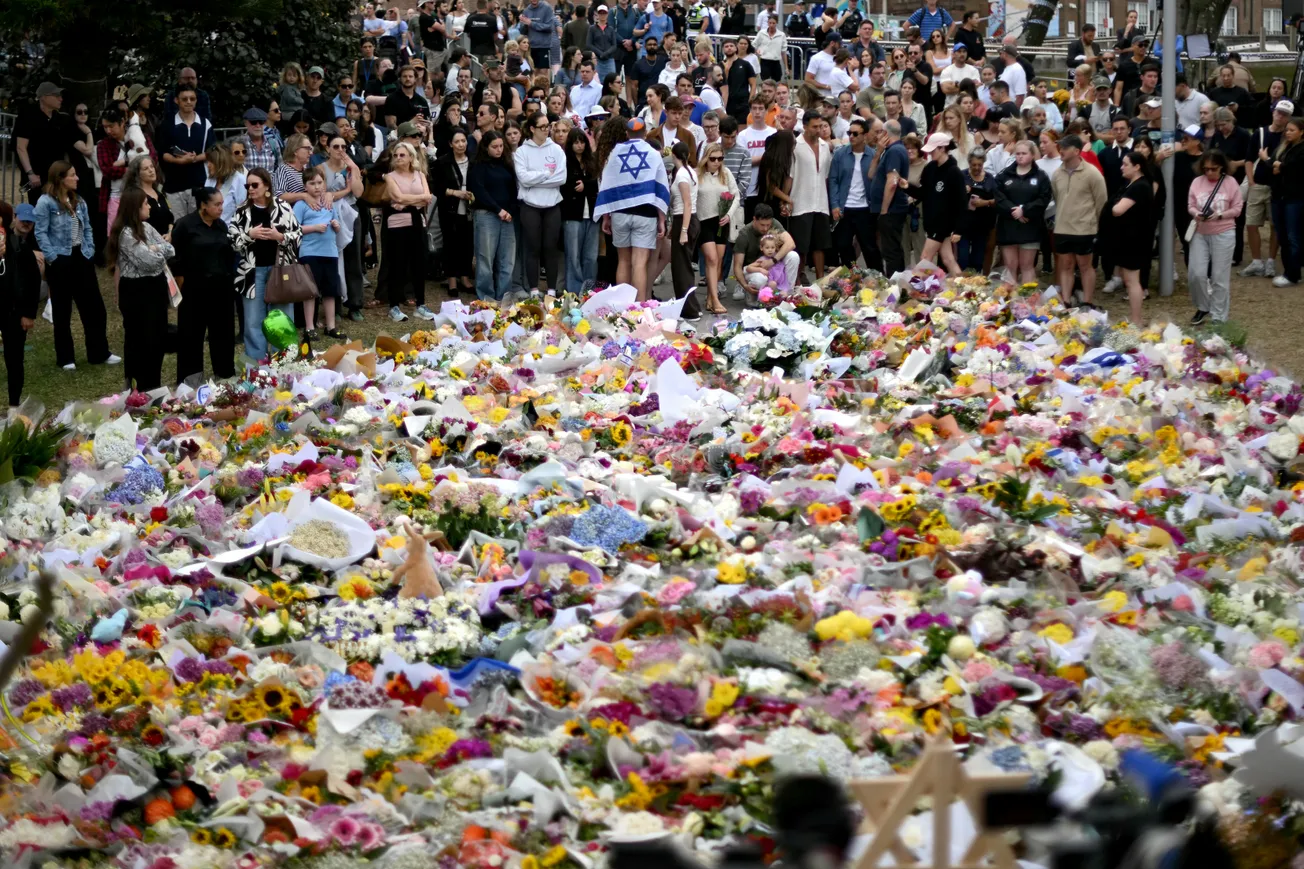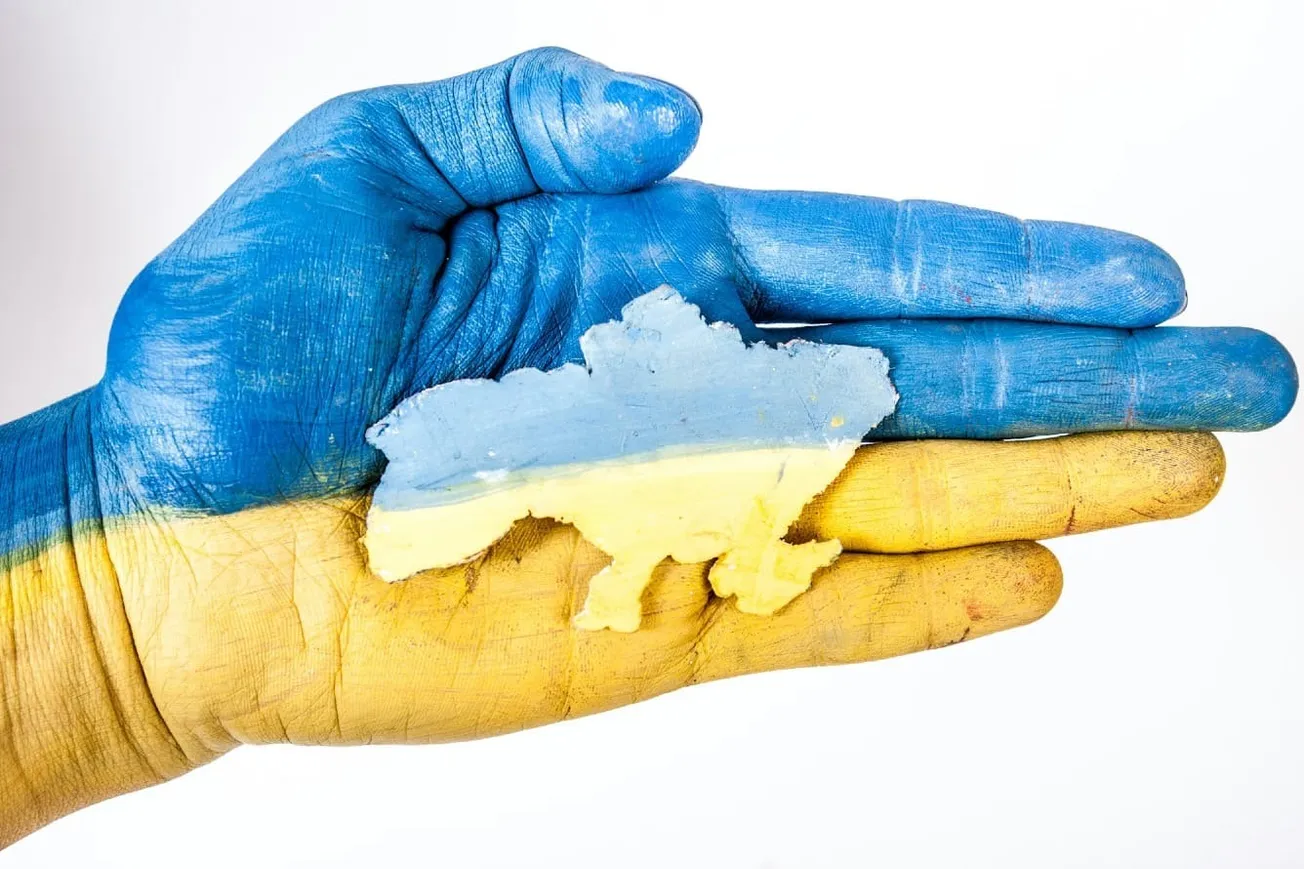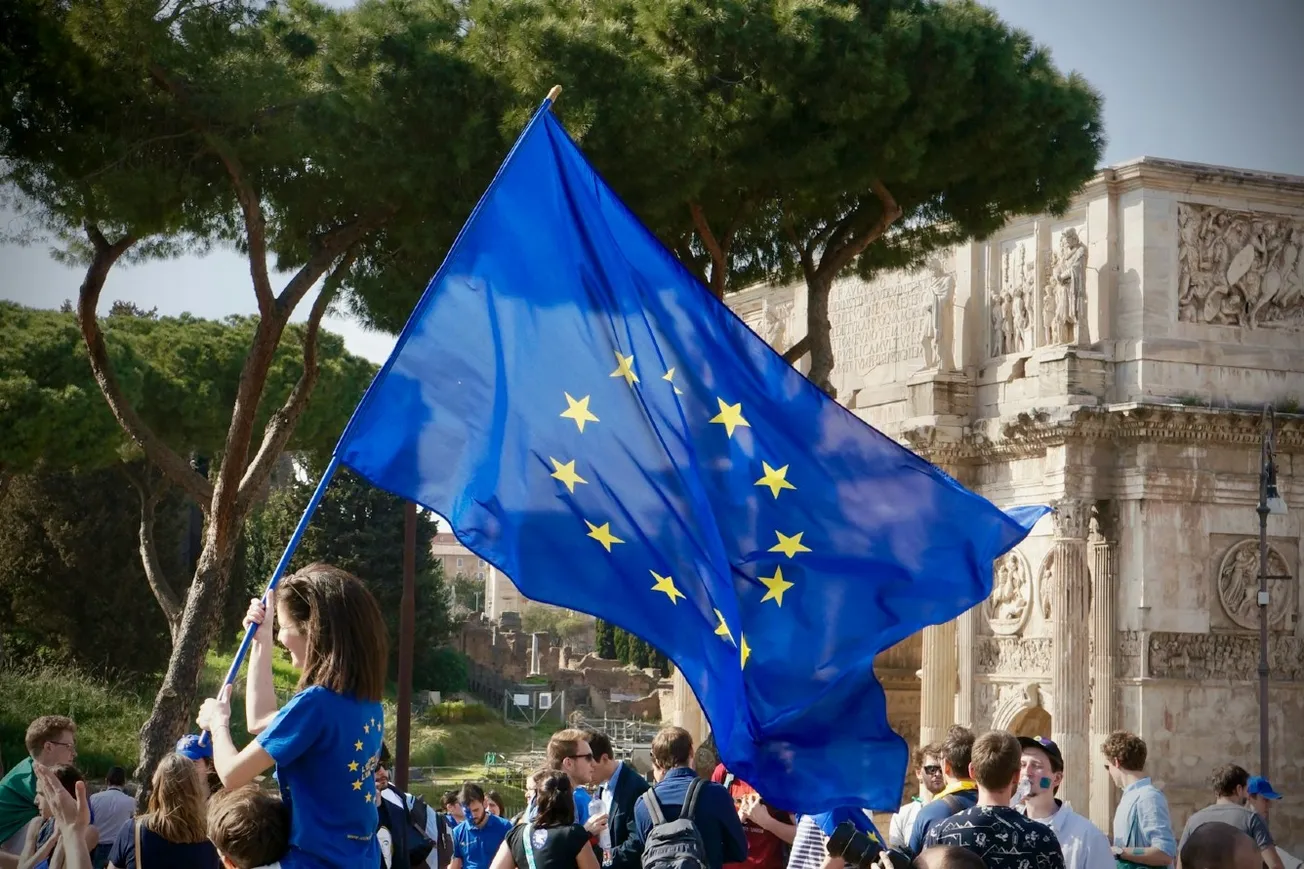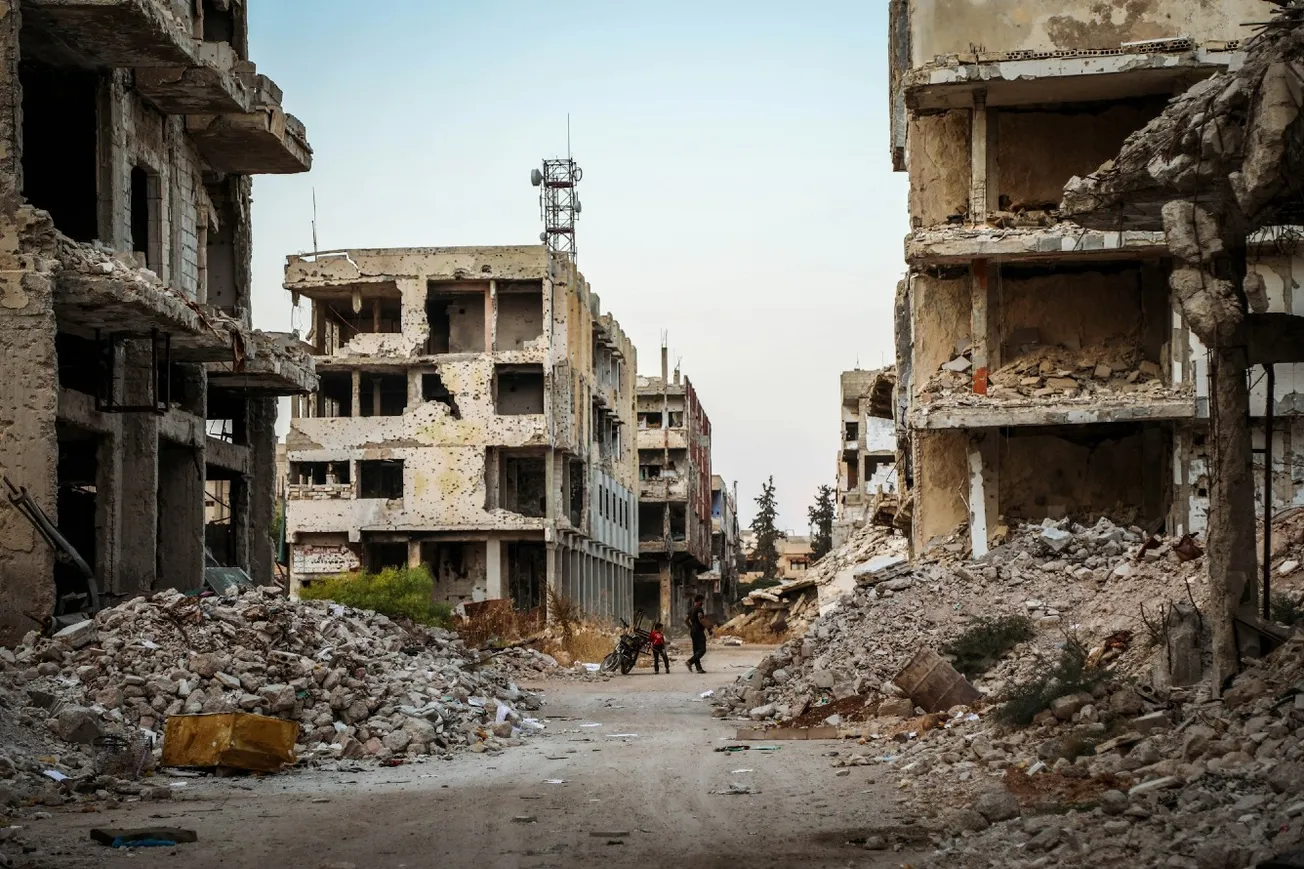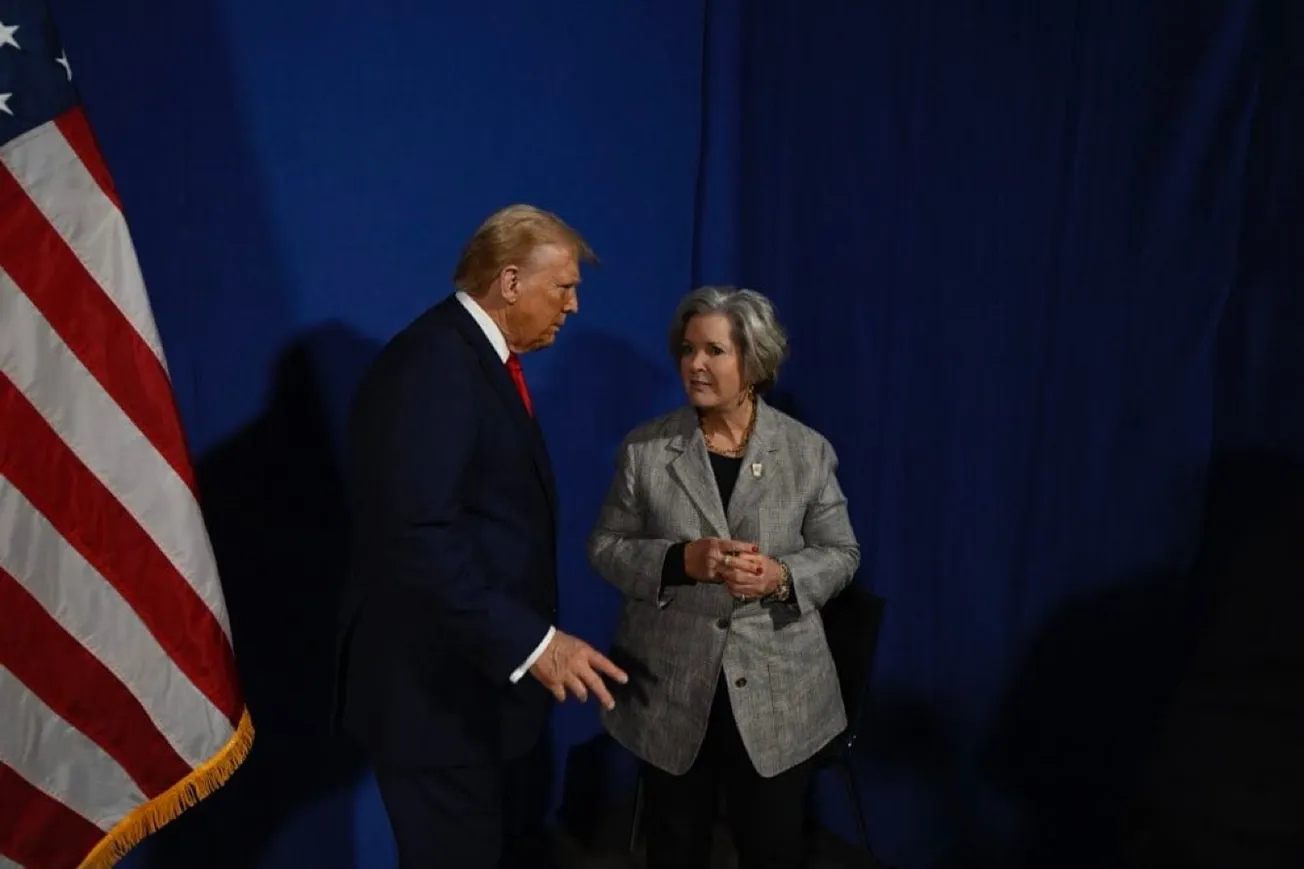The fragile peace established in the Balkan states a mere quarter of a century ago is beginning to unravel. With memories of the genocide and war crimes still fresh in the minds of erstwhile Yugoslavians, rising ethnic tensions stoked by political leaders are creating extreme unease.
For context, the breakup of Yugoslavia, a federation of six nominally equal republics, in 1991-92, resulted in ethnic cleansing, horrific war crimes, and a refugee crisis. The civil war claimed over 200,000 lives and forced 2 million from their homes. Since the United States brokered Dayton accords were signed in Paris in 1995, ending the civil war, the nation of Bosnia-Herzegovina has been run under a tripartite leadership.
The tripartite political entity representing Bosnia-Herzegovina consists of three democratically elected officials, each representing the predominant ethnic groups in the nation - Croats, Serbs, and Bosniaks (Bosnian Muslims). The three leaders represent the country's two semi-independent regions, the Republika Srpska and the Federation of Bosnia and Herzegovina.
Current leaders, Milorad Dodik of Bosnian-Serbian descent and representative of the Republika Srpska, Sefik Dzaferovic, the Bosniak member of the tripartite Presidency and Zeljko Komsic, the Croat member of the Presidency are at odds with one another over numerous issues.
In April 2021, a memo was leaked to the EU that one of the leaders in the Tripartite body had started to consider splitting Bosnia up once again along ethnic lines.

